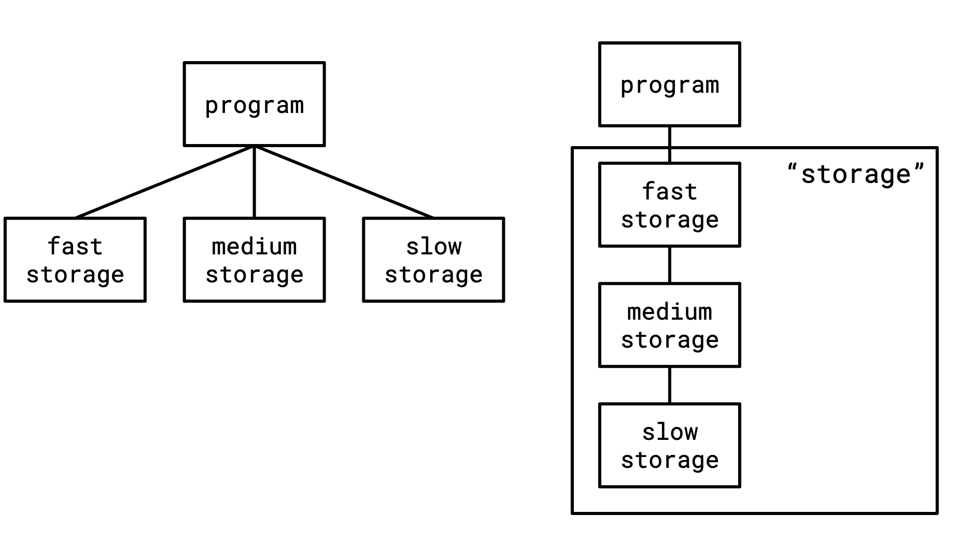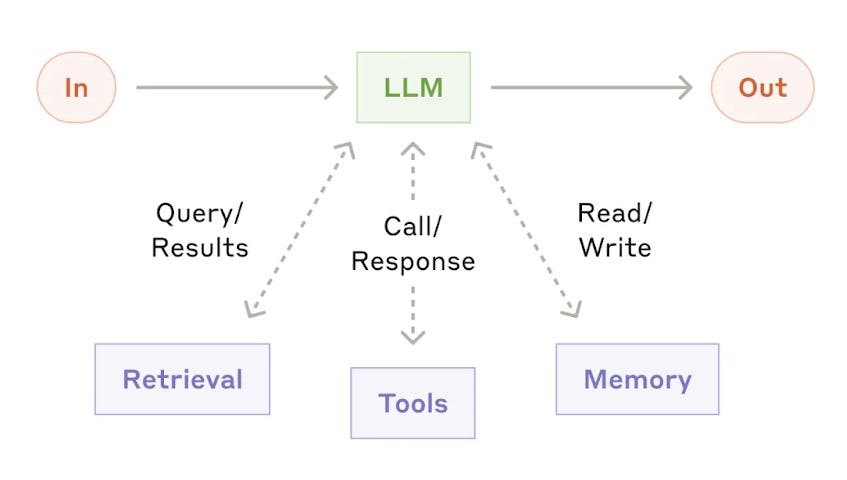arXivLabs: Experimenting with Community Collaboration

arXivLabs is a framework enabling collaborators to develop and share new arXiv features directly on the website. Individuals and organizations involved share arXiv's commitment to openness, community, excellence, and user data privacy. Got an idea to enhance the arXiv community? Learn more about arXivLabs.









